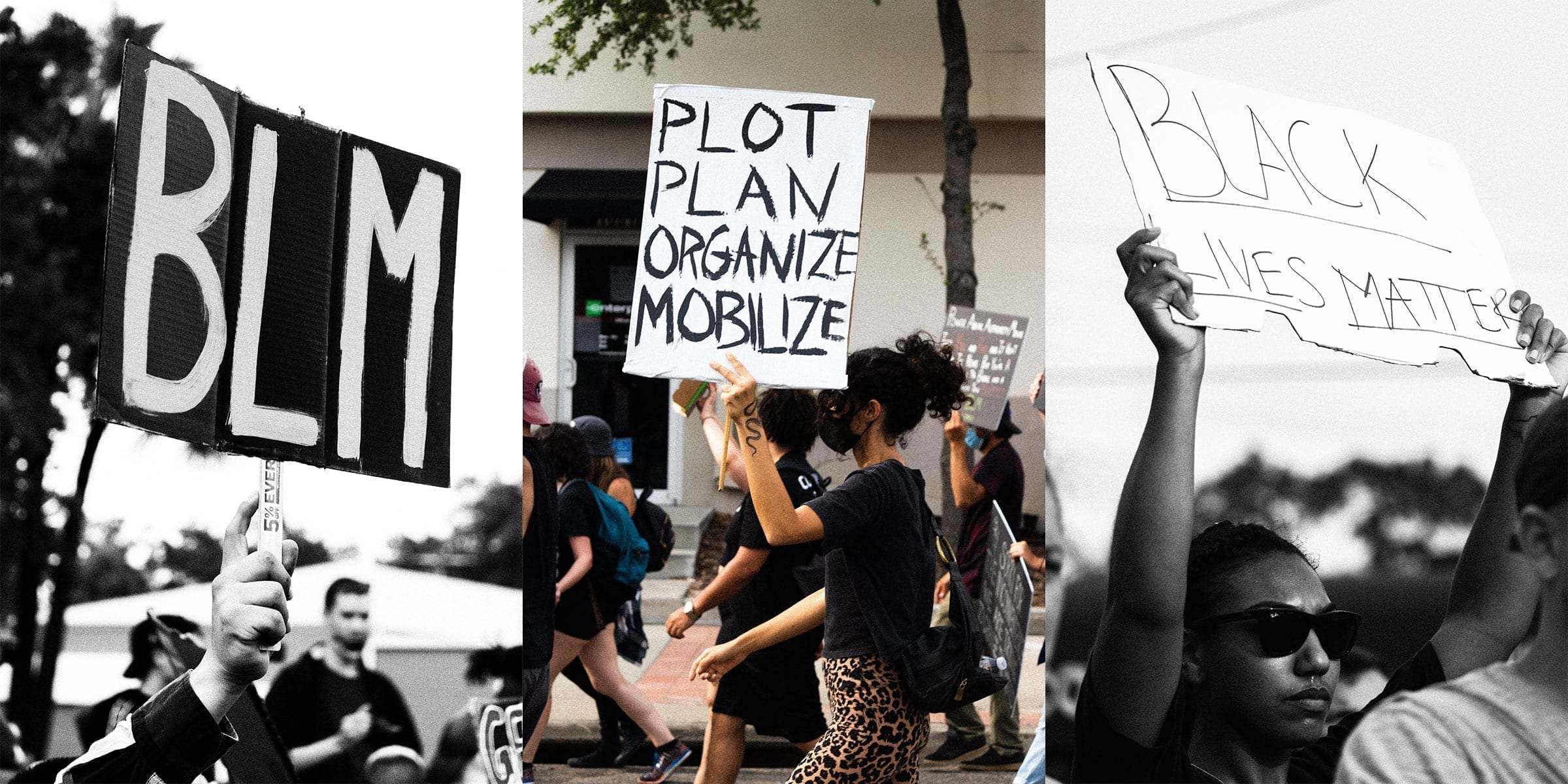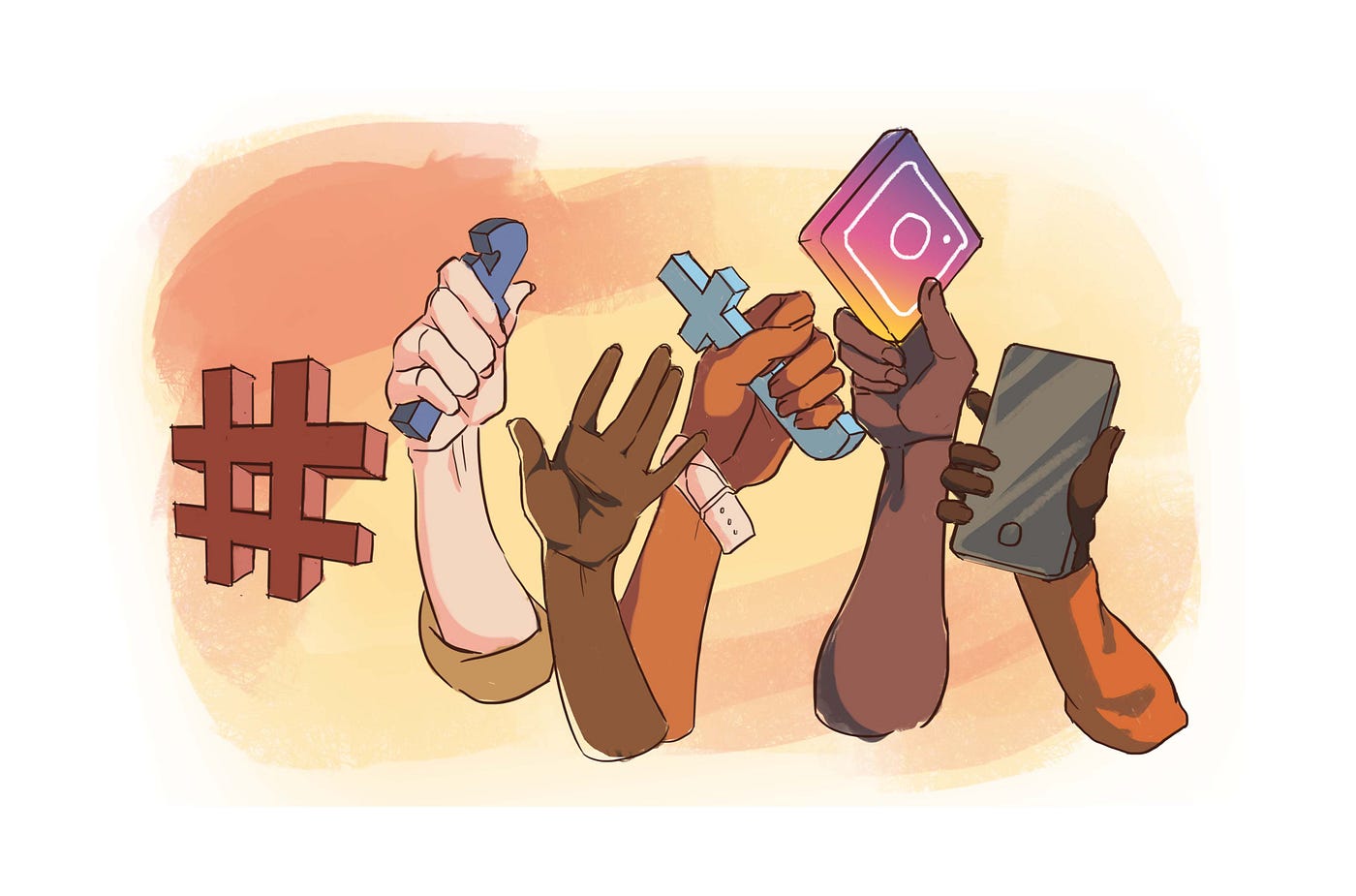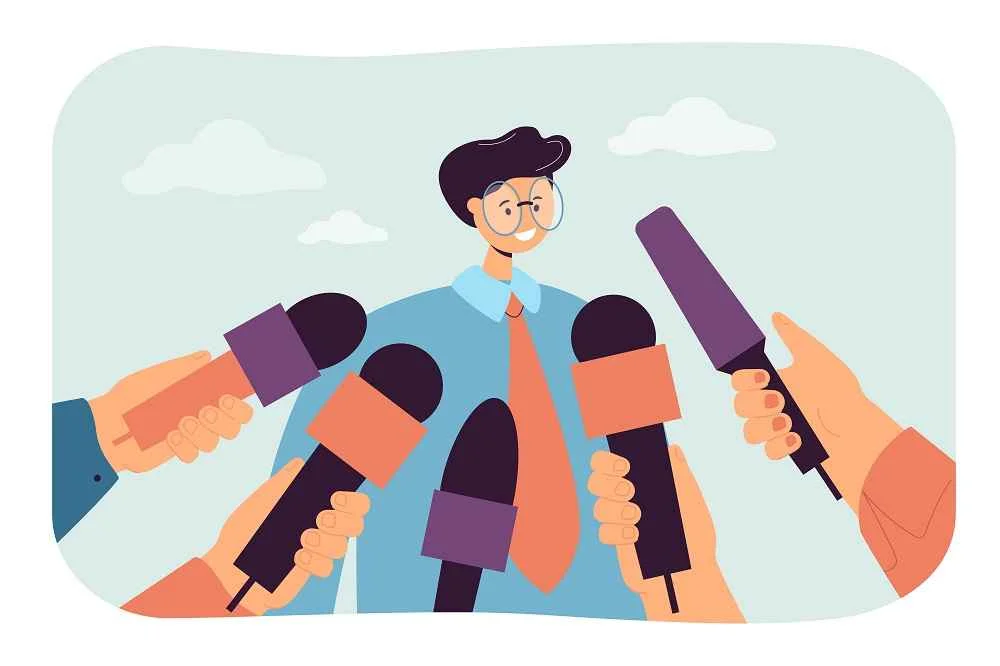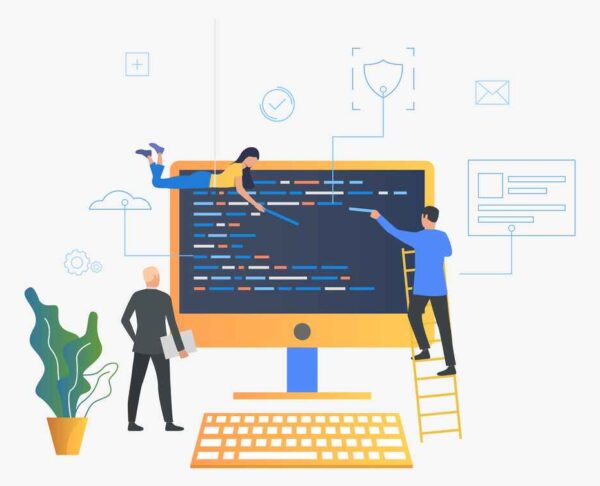
Social media has become an integral part of modern society, influencing various aspects of our lives, including politics and activism. The rise of platforms such as Facebook, Twitter, Instagram, and others has transformed the way people engage with political issues and participate in activism. This blog will explore the significant role of social media in shaping political discourse, mobilizing movements, and influencing public opinion.

Political Engagement and Awareness
One of the most prominent impacts of social media on politics is its ability to enhance political engagement and awareness among the general public. Platforms like Twitter and Facebook provide a space for politicians to directly communicate with their constituents, share their policy positions, and engage in real-time discussions. This direct interaction allows for a more transparent and accessible form of political communication, enabling citizens to stay informed about current events and political developments.
Moreover, social media serves as a powerful tool for raising awareness about political issues that may not receive extensive coverage in traditional media outlets. Users can easily share news articles, opinion pieces, and personal perspectives on various political topics, broadening the scope of information available to the public. This democratization of information empowers individuals to educate themselves about diverse political viewpoints and encourages critical thinking about societal issues.
Mobilizing Movements and Grassroots Activism
Social media platforms have played a pivotal role in mobilizing grassroots movements and activism on a global scale. The ease of sharing content and organizing events online has facilitated the rapid spread of social and political movements. For instance, the Arab Spring uprisings in 2010-2012 demonstrated how social media platforms were utilized to coordinate protests, disseminate information, and galvanize support for political change across the Middle East.
In addition to large-scale movements, social media has empowered individuals to initiate local activism efforts within their communities. Hashtags such as #BlackLivesMatter and #MeToo have gained traction as symbols of solidarity and advocacy for social justice causes. These digital movements have transcended online spaces, sparking offline demonstrations, conversations, and policy reforms.

Influencing Public Opinion
The pervasive nature of social media has also made it a potent force in shaping public opinion on political matters. Through targeted advertising, algorithmic curation of content, and viral sharing mechanisms, social media platforms can amplify specific narratives and viewpoints. This phenomenon has raised concerns about echo chambers and filter bubbles, where users are primarily exposed to information that aligns with their existing beliefs.
Furthermore, the spread of misinformation and disinformation on social media has become a pressing issue in the realm of politics. False news stories, manipulated images, and deceptive propaganda can quickly gain traction online, potentially swaying public opinion or sowing confusion during electoral processes. As a result, there is an ongoing debate about the responsibility of social media companies in combating misinformation while preserving freedom of expression.
Conclusion
In conclusion, social media has significantly impacted politics and activism by enhancing political engagement and awareness, mobilizing grassroots movements, and influencing public opinion. While it has democratized access to information and facilitated new forms of civic participation, it also presents challenges related to misinformation and polarization. As technology continues to evolve, it is essential to critically examine the role of social media in shaping our collective understanding of politics and activism.




